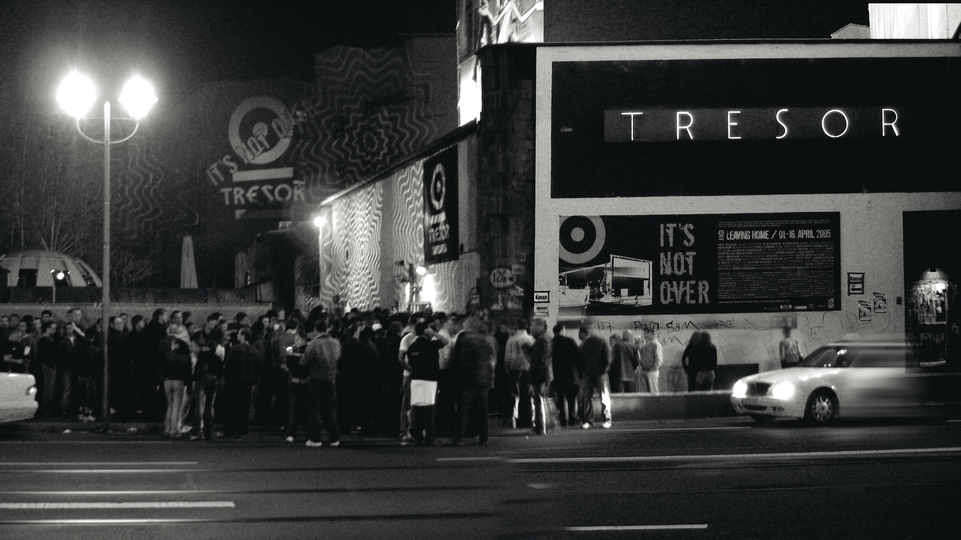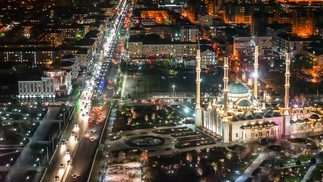Berlin techno culture added to UNESCO Intangible Cultural Heritage list
More than a decade of campaigning and lobbying could bring more protection from gentrification and development

Berlin techno has been awarded UNESCO Intangible Cultural Heritage (ICH) status in what has been described by the city's Clubcommission as "another milestone" for the German capital's world-renowned club scene.
For more than a decade, a campaign has been underway to see the city's techno and club culture added to the list. Spearheaded by Rave the Planet, the non-profit behind an annual street party in the city headed up by original Love Parade founder Dr Motte, the organisation released a statement following news of its success, as did the Berlin Clubcommission.
"Congratulations to all the cultural creators who have shaped and contributed to Berlin's techno culture," a Facebook post read. "A big thank you to everyone involved who has been with us on this journey since Hans Cousto's initial idea in 2011.
"Special thanks to the Expert Committee on Intangible Cultural Heritage at the German UNESCO Commission! Absolutely fantastic news," it continued. "This is a major milestone for the entire culture, and our joy is beyond words."
Luminaries including Detroit techno pioneer and Berlin-resident Alan Oldham, AKA DJ T-1000, veteran German label boss, DJ, broadcaster and producer Ellen Allien, and Dimitri Hegeman, Director of Tresor (pictured), were among the prominent names supporting the drive.
Although ICH status technically brings few formal changes, those behind the campaign believe it will reduce "obstacles and requirements for the opening and maintenance of cultural venues", as specified in UNESCO's own aims.
"If techno is recognised as a cultural asset rather than just hedonistic party or drug music, it would help the artists, labels, producers and promoters greatly,” Oldham told DJ Mag in a long-read looking at the UNESCO bid, published in 2021. “It would maybe also have the same effect as historical landmarks do, protecting some important venues, like Tresor, from encroaching gentrification."
Some have pointed out that, while Berlin has received this honour, the birthplace of techno music, Detroit, has not. In his 2021 interview with DJ Mag, Oldham pointed out that Berlin receiving this cultural status could pave the way for other cities getting the same, but also pointed out that Detroit's scene faces discriminatory barriers that Berlin's does not.
"It would be very helpful globally. I am always reading about how venues like fabric in London are under attack from real estate developers," he said. "I could definitely see Detroit applying. It is the birthplace of techno, but there’s a racial element in Detroit that Berlin doesn’t have to contend with. I’ve often said that, if not for race, Detroit would be known as a music city like Nashville is. But we get coded right-wing language like ‘murder capital’ and ‘Democratic hellhole’, i.e. Black. It would take a lot for local authorities to recognise us.”
Last year, The Warehouse, a former Chicago club known as the birthplace of house music, was officially declared as a historic landmark.





